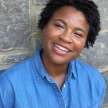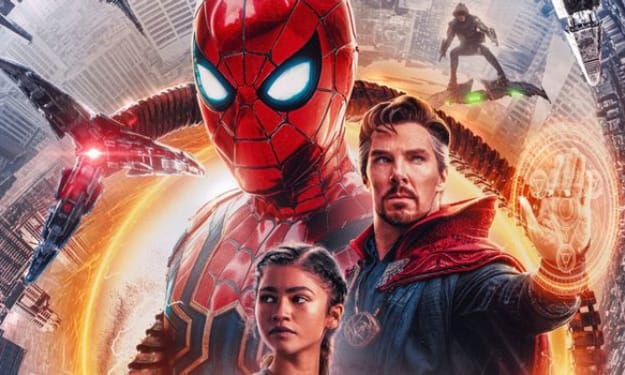What to Know About the Rise in Book Bans
The ongoing crusade against freedom of speech

In the States, we are experiencing a surge in book-banning. According to The American Library Association’s Office for Intellectual Freedom, over 330 distinct book challenges were reported to them between September 1 and November 30, 2021. For reference, there were only 377 challenges in the entire year of 2019.
But why now? What has prompted this concerning to turn to fascist censorship? As an avid book reader, I was asking myself these same questions and soon stumbled across Professor Emily Knox's interview with Slate.com. Professor Knox is the foremost expert on book bans in America, having written the slender non-fiction book, Book Banning in 21st Century America, in 2015. According to Knox, we can attribute the rise in book banning to the ubiquity of social media and a conservative backlash to cancel culture. Book bans are directly related to our shifting perspectives on social media interactions and information dissemination.
Just as social media was a powerful tool for collectivizing for Black Lives Matter, it is a major way for people across the nation to spread fear. Regrettably, the politicians, administrators, and civil leaders trying to censor literature and spread misinformation have the same access to these wide-spanning channels. Take, for example, the ill-conceived Netflix boycott over the award-winning French film Cuties (2020). The film's critics spread their opinion via social media, causing #CancelNetflix to trend on Twitter. Several change.org petitions grew out of the movement with one accruing over 500 thousand signatures. Without a doubt, social media has enabled boycotts to proliferate--for better or for worse.
What's more, Knox noted that book challengers often use rhetoric that mirrors cancel culture to justify their position. She calls this pattern of language “the discourse of censorship.” In practice, book challengers mask their desires to silence marginalized voices behind flimsy justifications of discomfort (i.e. a Tennessee school board banning Maus due to nudity/profanity). To list just one example, Texas State Representative Matt Krause asked public schools to ban books that “might make students feel discomfort, guilt, anguish, or any other form of psychological distress because of their gender or sex.” His phrasing sounds eerily similar to boycotts of allegedly discriminatory books or authors, like J. K. Rowling. What’s most devastating here to me is how book challengers are co-opting activist rhetoric to limit intellectual freedom.
With growing attacks on critical race theory, Black literature is one of the many categories at risk. Broadly speaking, book bans tend to target literature about LGBTQ+, women's, and minority rights. It is clear that a majority of book banning efforts in the States are attempting to reinforce a White, heteronormative literary landscape.
So, for your reading list, I’ve pulled some titles from Krause’s list of 850 books and the 21 most banned books from 2021. Please consider buying one or more of these endangered books. Donate them to charity shops, gift them to young readers in your life, whatever you do, let’s keep these stories alive!
Non-Fiction:
Caste: The Origins of Our Discontent by Isabel Wilkerson (2020)
Hood Feminism: Notes from the Women White Feminism Forgot by Mikki Kendall (2020)
The New Jim Crow: Mass Incarceration in the Age of Colorblindness by Michelle Alexander (2010)
Stamped from the Beginning: The Definitive History of Racist Ideas in America by Ibram X. Kendi (2016)
Between the World and Me by Ta-Nehisi Coates (2015)
Fiction:
The Black Flamingo by Dean Atta (2019)
Felix Ever After by Kacen Callender (2020)
Red at the Bone by Jacqueline Woodson (2019)
All American Boys by Jason Reynolds and Brendan Kiely (2015)
The Bluest Eye by Toni Morrison (1970)
The Hate U Give by Angie Thomas (2017)
---
Originally published on medium.com.
About the Creator
Kay Barrett
Playful wordsmith with a penchant for short fiction. I write horror, fantasy, and speculative stories--with some realistic fic sprinkled in!
For book & film reviews, check out my substack, Kay's Musings!
Enjoyed the story? Support the Creator.
Subscribe for free to receive all their stories in your feed. You could also pledge your support or give them a one-off tip, letting them know you appreciate their work.






Comments
There are no comments for this story
Be the first to respond and start the conversation.